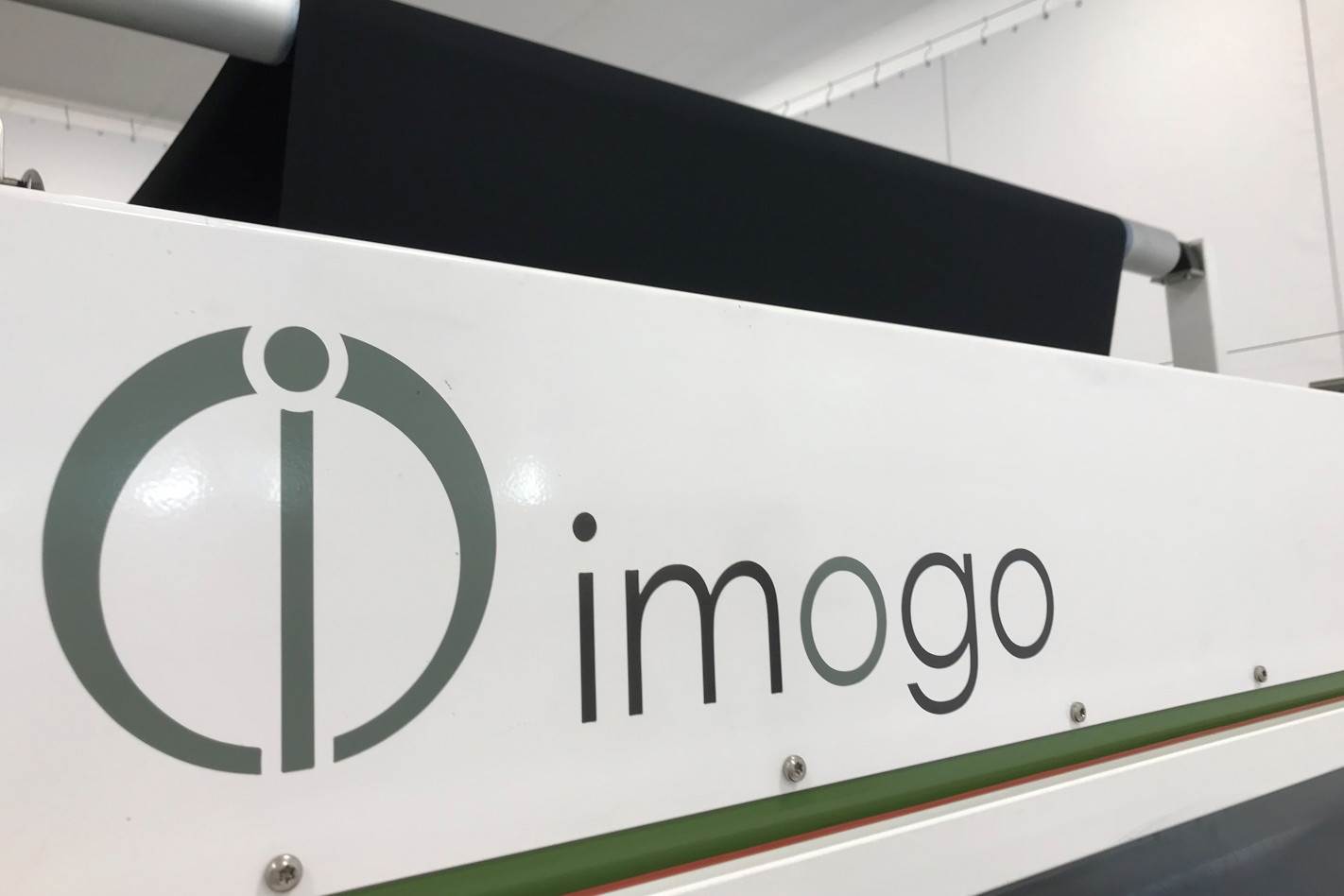TMAS: Textiles firms in ‘survival mode’ but investments are vital

Textiles manufacturers have been reluctant to invest in technology during 2020, with many in “survival mode”, despite the availability of machinery that could help reduce their environmental footprint as well as save money.
That was one of the messages from a roundtable discussion with TMAS, the Swedish Textile Machinery Association, during the Innovate Textiles & Apparel (ITA) textile machinery exhibition.
New spray application technologies for the dyeing and finishing sector can achieve savings for manufacturers compared with traditional water-intensive processes, according to one member, Imogo. Its Dye-Max spray dyeing technology can slash the use of fresh water, wastewater, energy and chemicals by as much as 90% compared to conventional jet dyeing systems, it claims, due to the low liquor ratio of 0.3-0.8 litres per kilo of fabric and fewer auxiliary chemicals.
Imogo founding partner Per Stenflo said: “The textile industry is quite conservative and is in survival mode at the moment and it is not the time to be a visionary,” said Stenflo. “Day-to-day business is about staying alive – that’s the reality for many of our customers.
“Any investment in something new is a risk of course, and we have to be able to explain and convince manufacturers that there’s a good return on investment, not only in respect of sustainability, but in terms of making good business sense. Here we could use the help of the brands of course, in putting pressure on their suppliers to be more sustainable. Governments also have a role to play, in providing incentives for producers to move in the sustainable direction.”
The marketing of sustainable new fibres is comparatively easy for the brands compared with explaining the processes and the chemistries, he added.
“These fibres, however, currently go through all the same dirty processes that we need to get away from, so it must happen,” he said. “In developing our technologies, it has been important for us to avoid disrupting existing supply chains, stick with using off-the-shelf chemistries and dyes, and involve the dye manufacturers who are an essential part in how operations are driven today.
“In fact, collaboration across the entire textile supply chain – from the brands right back to the new technology developers – is essential in moving the sustainability agenda forward.”
Simon Kew (Alchemie Technology, UK), Christian Schumacher (StepChange Innovations, Germany) Tobias Schurr (Weko, Germany), Rainer Tüxen (RotaSpray, Germany) and Felmke Zijilstra (DyeCoo, Netherlands) also took part in the roundtable.










